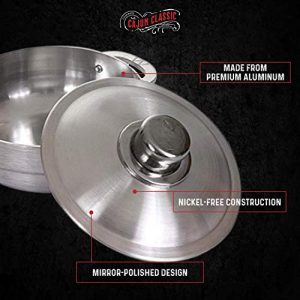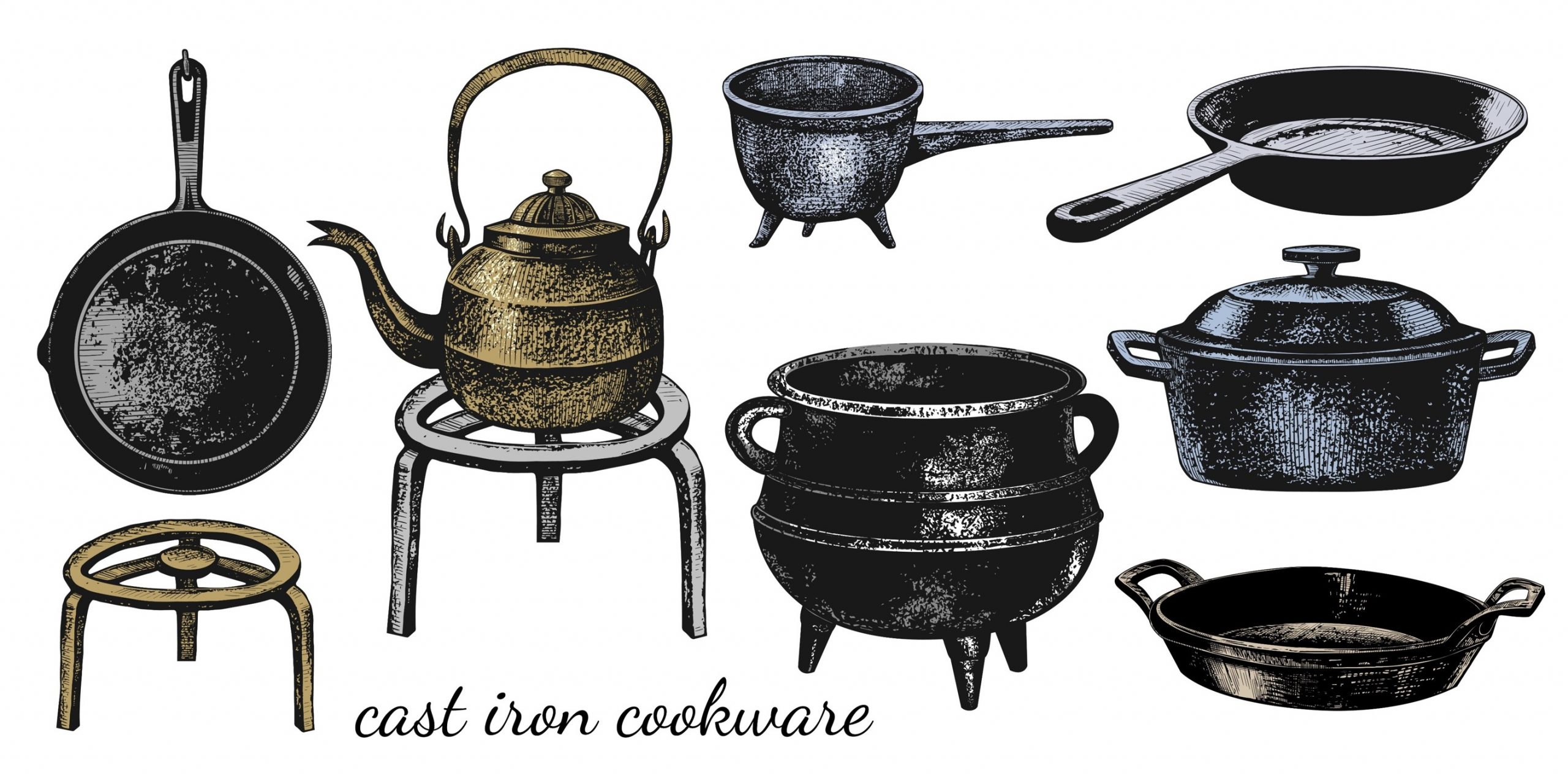
In mid-1956, a cookware store in Paris offered the first Teflon-lined nonstick pan for sale, and the world of cooking changed forever. Earlier, Teflon played a key role in the creation of the atomic bomb by facilitating atomic fission, the splitting of atoms. Marc Gregoire, a Frenchman, came up with the idea of spreading this material over metal to develop the first nonstick cookware.
Across the Atlantic, chemical giant DuPont took notice of this discovery and began developing its own brand of cookware on similar lines. In 1962, Teflon-lined nonstick cookware was introduced in the American markets. However, initially consumers shunned this idea, and it wasn’t until DuPoint began advertising its easy cleanup process, that sales took off. Over the years, more than a billion pieces of nonstick cookware have been sold worldwide!
High-quality nonstick pans are indispensable for low-fat healthy cooking, coupled with easy preparation and cleanup. This is precisely why you should have them in a variety of sizes. With nonstick skillets, you can prepare many foods with little or no added fat, butter or oil. These skillets are simply great for home chefs who may not have a great deal of experience. The cleaning up process is effortless, even a single wipe of a soapy sponge will suffice.
The primary advantages of this cookware include considerable ease in cleaning and virtually fat-free cooking. A major drawback of these skillets is that metal tableware easily damages them, reducing their life expectancy. Additionally, when nonstick cookware is overheated or if it crosses 650° Fahrenheit, it releases polytetrafluoroethylene (PTFE) toxic fumes.
These fumes are airborne and can seriously distress and even kill your pets, especially birds. Therefore, if you must use this cookware, keep the kitchen well ventilated and avoid overheating the skillet. Of course, the best alternative is to use cast iron or stainless steel pots and pans. These days, non-stick cooking utensils surfaces are inert or non-reactive, so they do not pose any health risks to humans under normal usage. If PTFE is inadvertently ingested, it passes right through the system without harm.








